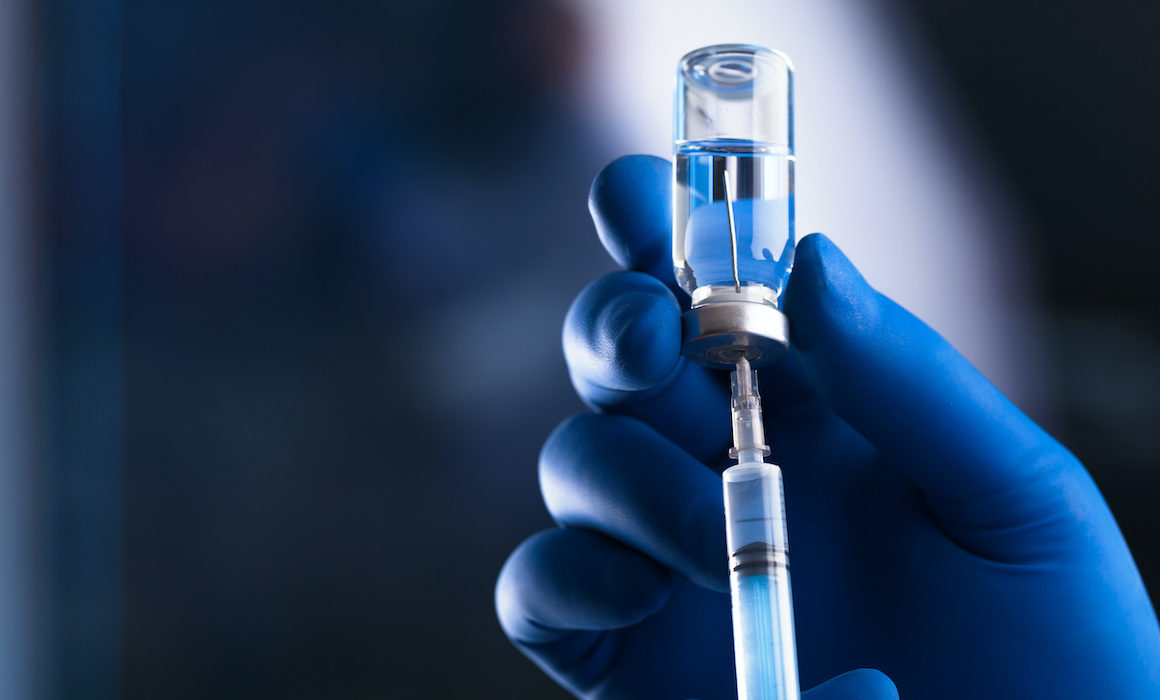While the efficacy of the COVID-19 vaccinations has been well studied, little is known about whether those who have gotten one or both of the shots can still spread the virus. Now, a study hailed as a “game-changer” has demonstrated for the first time that people who catch the virus after being vaccinated are far less infectious — even after just the first dose.
A joint team of researchers from the Technion and Israel’s Maccabi Healthcare Services found that the vaccine reduced the viral load significantly in COVID-positive people who have been inoculated versus those who haven’t received the vaccine. Carriers with lower viral loads are less likely to pass on the virus.
“Our results show that infections occurring 12 days or longer following vaccination have significantly reduced viral loads,” wrote members of the research team. These findings are important in “potentially affecting viral shedding and contagiousness as well as severity of the disease.”
The researchers identified 2,897 patients at Israel’s Maccabi Healthcare who received the Pfizer-BioNTech vaccine but later tested positive for COVID-19. (The vaccine is about 95% effective.) They then analyzed nasal and throat swabs taken from the patients at least 12 days after their first dose. The amount of virus on the swab was four times lower than when compared to infections in unvaccinated patients.
While scientists have suspected a link between the vaccine and viral load, the new study, led by Technion Professor Roy Kishony, the Marilyn and Henry Taub Professor of Life Sciences, and Gabriel Chodick, head of epidemiology and database research at Maccabi Healthcare, was the first based on analysis of patients confirmed to have been vaccinated. Infectious disease specialists who were not involved with the study have called it a “game-changer” in the pursuit of herd immunity, predicting the viral load will drop further after second shot protection.
Israel’s vaccine rollout is the fastest in the world, as more than 45 percent of its population had received at least one dose of the Pfizer vaccine by the third week of February.


